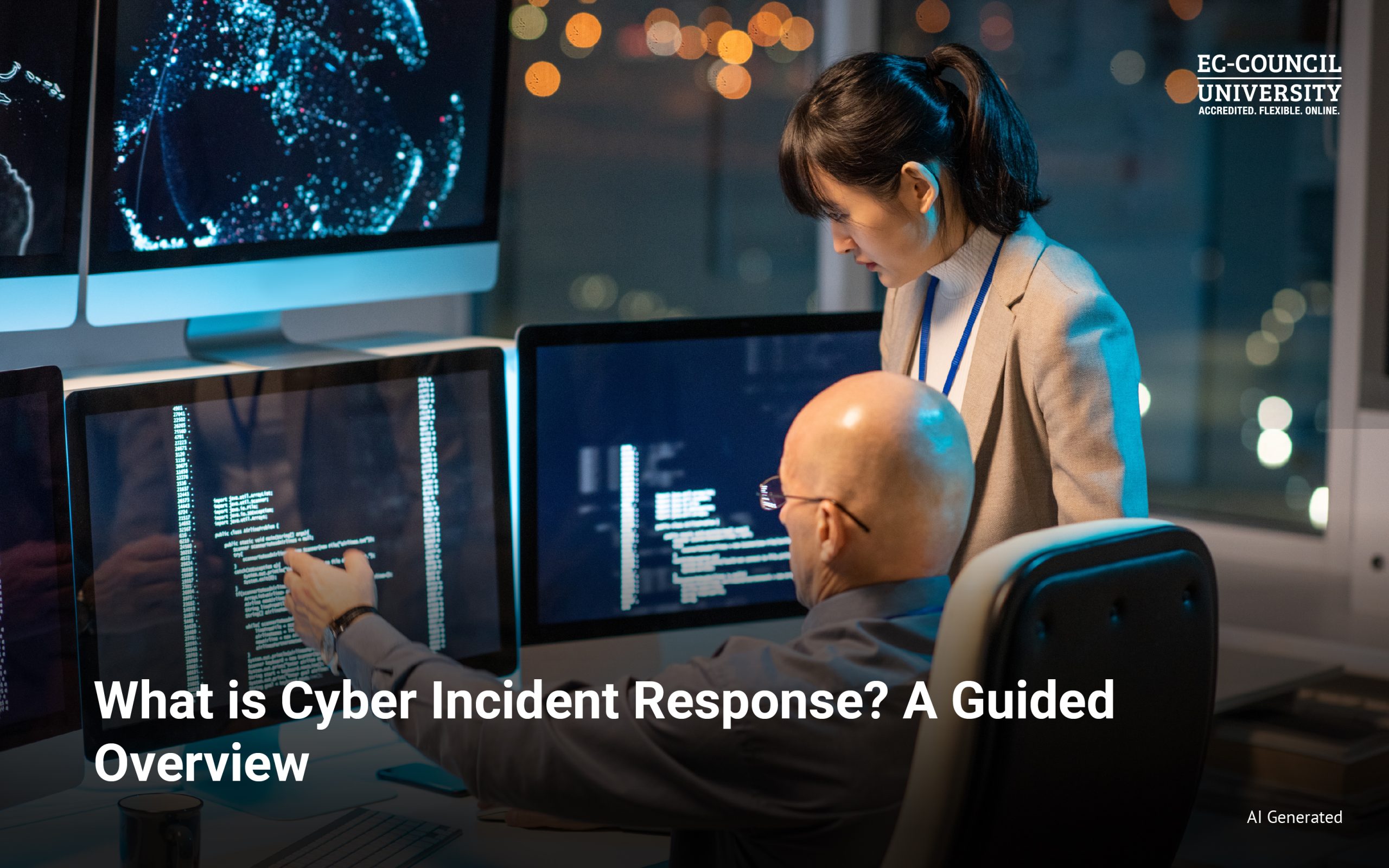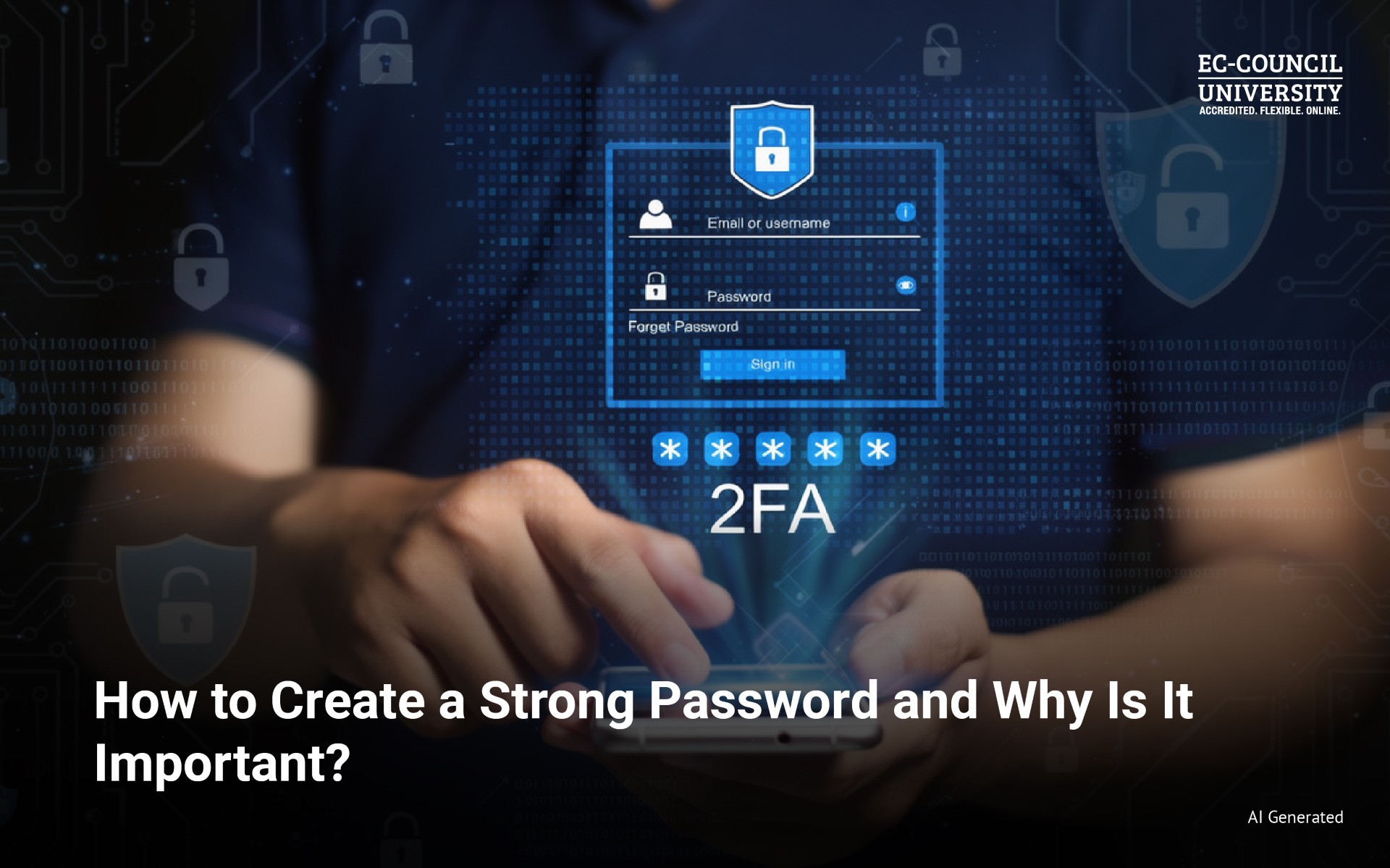As technology continues to advance and more organizations rely on digital systems, the need for cybersecurity has become increasingly important. Cybersecurity consultants play a critical part in supporting organizations to protect their systems and networks from cyberattacks. In this blog, we’ll explore the role of cybersecurity consultants and how you can become one.
What is a Cybersecurity Consultant?
A cybersecurity consultant is a professional who works with organizations to identify and mitigate cybersecurity risks. They assess an organization’s digital systems and networks, looking for vulnerabilities and weaknesses that cybercriminals could exploit. Based on their assessment, they develop and implement strategies to protect an organization’s data and systems.
What Does a Cybersecurity Consultant Do?
The role of a cybersecurity consultant can vary depending on the organization they work with, but some common responsibilities include the following:
- Assessing security risks and vulnerabilities: Cybersecurity consultants evaluate an organization’s systems and networks to identify potential risks and vulnerabilities.
- Developing security strategies: Based on their assessment, cybersecurity consultants develop and implement security policies and procedures to mitigate risks.
- Conducting security audits: Cybersecurity consultants conduct audits and assessments to ensure that an organization’s systems and networks comply with industry regulations and standards.
- Designing and implementing security solutions: Cybersecurity consultants design and implement security solutions, such as firewalls, intrusion detection systems, and data encryption.
- Educating employees: Cybersecurity consultants educate employees on security best practices and protocols to reduce the risk of human error causing a security breach.
- Incident management: Cybersecurity consultants respond to security incidents and support incident management.
How to Become a Cybersecurity Consultant?
To become a cybersecurity consultant, you must have a strong background in computer science, information technology, or a related field. Many cybersecurity consultants hold a bachelor’s or master’s degree in computer science, information technology, or cybersecurity. In addition to education, many cybersecurity consultants have relevant certifications. Some popular certifications include:
- CompTIA Security+: This certification covers foundational knowledge in cybersecurity.
- Certified Ethical Hacker (CEH): This certification focuses on ethical hacking techniques and teaches consultants how to think like hackers to identify vulnerabilities.
- Certified Information Systems Security Professional (CISSP): CISSP enfolds a comprehensive range of cybersecurity topics, including access control, cryptography, and network security.
To gain experience, consider working in the information technology or cybersecurity field as an entry-level professional or intern. You can also participate in cybersecurity competitions and events to improve your skills and knowledge.
Cybersecurity Consultant Salary and Job Outlook:
Cybersecurity consultants play a critical role in protecting organizations from cyber threats. To become a cybersecurity consultant, you’ll need a strong background in computer science, information technology, or a related field, as well as relevant certifications and experience. With a positive job outlook and competitive salary, cybersecurity consulting is an excellent career path for those interested in technology and security.
How can EC-Council University help with this?
EC-Council University is a globally recognized institution that offers specialized education and training programs in cybersecurity. To become a cybersecurity consultant, one needs to have a solid understanding of cybersecurity principles and practices, as well as expertise in specific areas such as network security and web application security. ECCU offers Cyber Security programs such as the Bachelor of Science in Cybersecurity and the Master of Science in Cybersecurity, which cover topics such as cyber law and ethics, risk management, cyber threat intelligence, and digital forensics. By providing these educational programs, ECCU can help individuals develop the skills and knowledge needed to succeed in the field of cybersecurity and pursue a career as a cybersecurity consultant.
FAQs:
- How do you become a cyber security consultant?
Becoming a cyber security consultant typically requires a combination of education, experience, and specialized skills. Here are the steps you can take to become a cybersecurity consultant:
- Obtain a bachelor’s degree: A degree in computer science, information technology, or a related field is usually the first step. Some cyber security consultants may also hold degrees in business or management.
- Gain work experience: Relevant work experience is essential to become a cyber security consultant. You can start by working in entry-level positions such as IT support or network administration, and then move on to more advanced roles in cyber security.
- Obtain industry certifications: There are several industry-standard certifications that are highly valued in the cyber security field, such as the Certified Information Systems Security Professional or the Certified Ethical Hacker.
- Develop specialized skills: Cyber security consultants need a wide range of specialized skills, including knowledge of programming languages, network security, data encryption, and risk management.
- Build a professional network: Building relationships with other cyber security professionals can help you stay up-to-date with the latest trends and technologies in the field.
- Consider pursuing a graduate degree: A master’s degree in cyber security or a related field can help you advance your career and qualify for more senior-level positions.
- Seek out job opportunities: Look for job opportunities in consulting firms, government agencies, and large corporations. Some cyber security consultants also work as independent contractors, providing services to clients on a freelance basis.
Overall, becoming a cyber security consultant requires a commitment to ongoing learning and professional development, as well as a passion for staying abreast of the latest threats and technologies in the field.
- What is the role of a consultant in cyber security?
The role of a cyber security consultant is to provide expert advice and guidance to organizations to help them improve their security posture and protect against cyber threats. Some of the key responsibilities of a cyber security consultant include:
- Conducting risk assessments: The consultant will assess an organization’s existing security controls and identify areas of vulnerability and risk.
- Developing security policies and procedures: The consultant will help develop policies and procedures to ensure that the organization’s security controls are effective and aligned with industry best practices.
- Implementing security technologies: The consultant may recommend and help implement security technologies such as firewalls, intrusion detection systems, and encryption tools.
- Conducting security audits: The consultant will periodically review an organization’s security controls to ensure they are effective and compliant with regulations.
- Providing security training and awareness: The consultant may provide training to employees on best practices for staying secure online and raising awareness about potential cyber threats.
- Responding to security incidents: The consultant may be called upon to help an organization respond to a security incident, such as a data breach or a cyber attack.
The role of a cyber security consultant is to help organizations develop and maintain effective security controls to protect against cyber threats and ensure the confidentiality, integrity, and availability of their data and systems.







